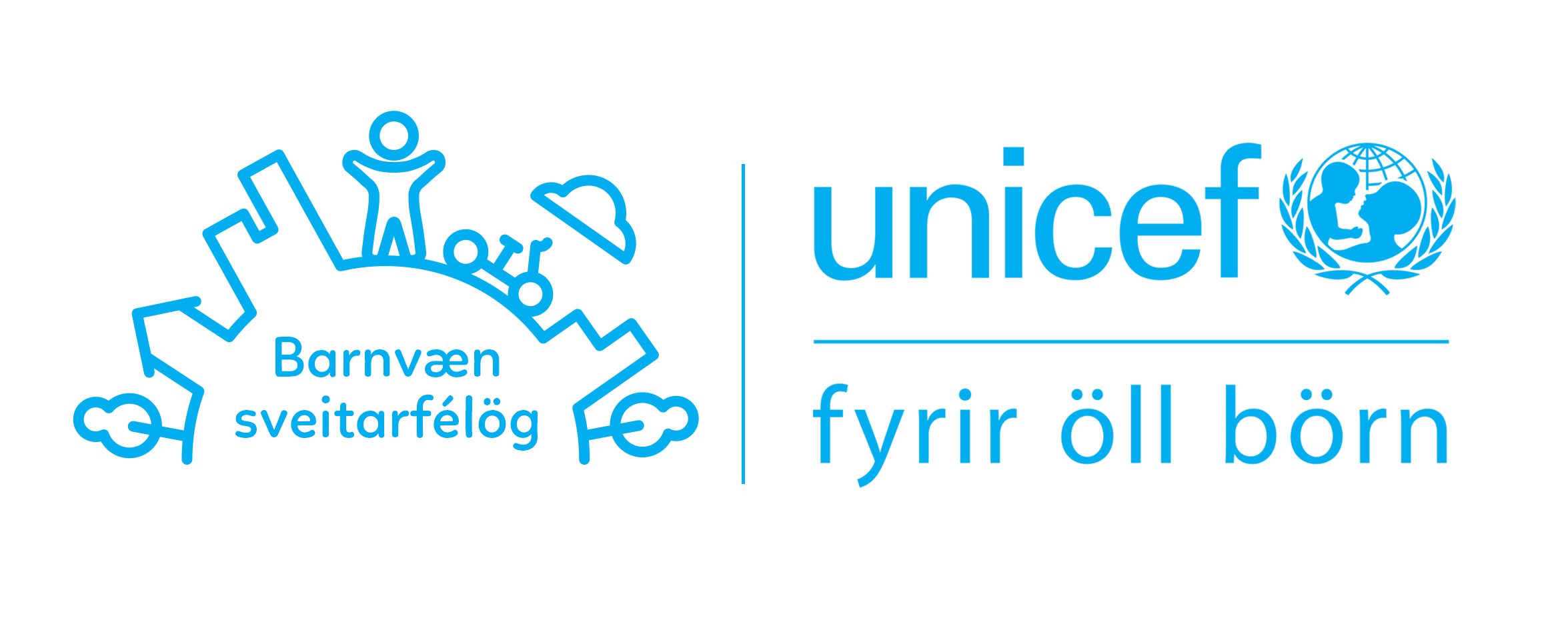- Þjónusta
- Menntun
- Samgöngur og slökkvilið
- Umhverfismál
- Skipulag og byggingarmál
- Framkvæmdir
- Tímabókanir
- Velferð og fjölskyldan
- Stjórnkerfi
- Bæjarstjórn
- Stjórnsýsla
- Akureyri
- Útboð
- Fjármál og tölfræði
- Fyrir fjölmiðla
- Sveitarstjórnarkosningar 2022
- Mannlíf
- Þjónustugátt
Nansen prófessorinn við Háskólann á Akureyri kvaddur

Frá vinstri: Ásthildur Sturludóttir bæjarstjóri, Einar Gunnarsson frá utanríkisráðuneytinu, Gunhild Hoogensen Gjørv Nansen prófessor, Carina Ekornes frá norska sendiráðinu og Eyjólfur Guðmundsson rektor Háskólans á Akureyri.
Ávarp flutt í Listasafninu á Akureyri við dagskrá á vegum Rannsóknarþings Norðursins og Háskólans á Akureyri, þar sem Nansen prófessorinn Dr. Gunhild Hoogensen Gjørv flutti sitt kveðjuerindi.
Dear guests.
It´s an interesting question to think about what Fridtjof Nansen, this great man with all those titels; explorer, scientist, diplomat, humanitarion and a Nobel Peace Prize laurate, would think if he would be standing here today amoung us almost 90 years after he died. Let´s just imagine that we two would be have a meeting. He would first of course say: What a beatiful museum Akureyri Art museum is and I would tell him to take a good time to observe the exhibitons and sit down after that with a cup of coffee at the beatiful café.
Our conversation would be a blend of a very serious matters but it would both be with a negative tone and a positive one.
It would be negative because Nansen as an explorer and scientist, would be like the most of us, very concerned about the situation in the matter of enviromental protection and global warming. He would be worried about the fact that one of the most powerful leader in the world, says he doesn´t believe his own scientists when their conclusion is, that possible effects of global warming might have influence on the sociaty. He would also feel sad about how the same leader is not prepared to acknowledge and participate in the Paris Agreement and not just him – there are other leaders and countries, who are not willing to confirm this important Agreement.
I´m sure that Nansen would mention populism in politics as a dangerious tool for politicians and that we have to be aware of it. He brought his book "A New Route to the North Pole" with him on our meeting and he quotes to it: The history of the human race is a continual struggle from darkness towards light. It is, therefore, to no purpose to discuss the use of knowledge; man wants to know, and when he ceases to do so, he is no longer man". I praise him for this quote since it says so much in very few lines.
After disgussing enviromental issues, the humanitarian side of Nansen, expresses his deepest concern about the the situation in refugee affairs. He knows that some municipalities in Iceland, and Akureyri beeing on of them, have welcomed refugees but he also knows that, that´s far away from beeing enough and he would use the word crises to describe the situation worldwide. We would disguss how sad it is to see how war is destroying and killing innocent men, women and children and we don´t seem to be able to learn from the history. As long as war is a fact, we would both demand that we all, not just some nations, take responsibility and welcome those victims, people who never wanted to participate in war, people who just want to live their normal lifes and have a safe home.
Like I said at the beginning I´m sure that Nansen would also be positive about the future and that´s my guess because a man with such a magnificent resume and achievement is a person with a clear view of what it is to be a human beeing. The goal to explore is always on his mind and his strong will that nothing is impossible. This quote from Nansen is a perfect example of that: The difficult is what takes a little time; the impossible is what takes a little longer.
To be a humanist, one has in some way to believe that we, as human beeings, can always do better and that we can think with our heart and improve ourselves.
Last but not the least – I would guess that Nansen would end our fine meeting by celebrating this cooperation between the two countries Norway and Iceland and the establishment of a Nansen Professorship in Arctic Studies at the University of Akureyri. He would be proud of it, like we all are and looking forward to see how it will grow and be even more fruitful than it is now.
And finally, I would like to thank dr. Gunhild Hoogensen Gjørv for her great contribution as Nansen Professor and I hope this time, as Nansen professor was good and informative for you and I wish you Gunhild all the best.


